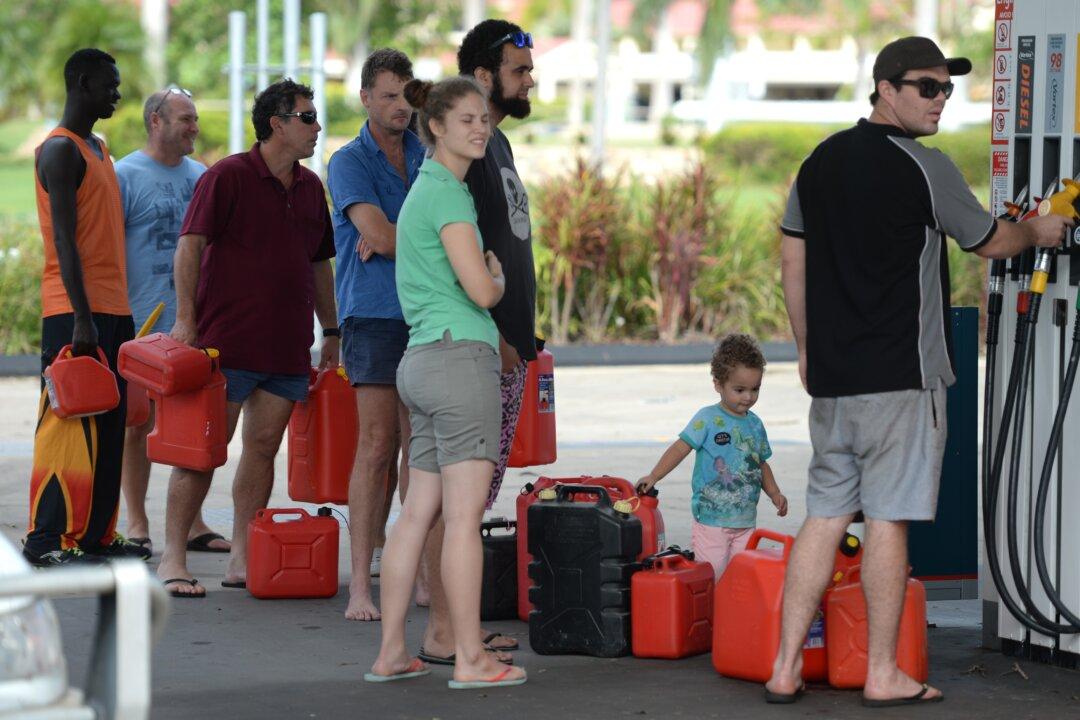Australian motorists will continue to be hit with hefty fuel prices in the coming weeks as wholesale prices keep rising.
Global oil prices have stabilised after reaching a peak in June 2022 due to the impact of the war in Ukraine.

Australian motorists will continue to be hit with hefty fuel prices in the coming weeks as wholesale prices keep rising.
Global oil prices have stabilised after reaching a peak in June 2022 due to the impact of the war in Ukraine.